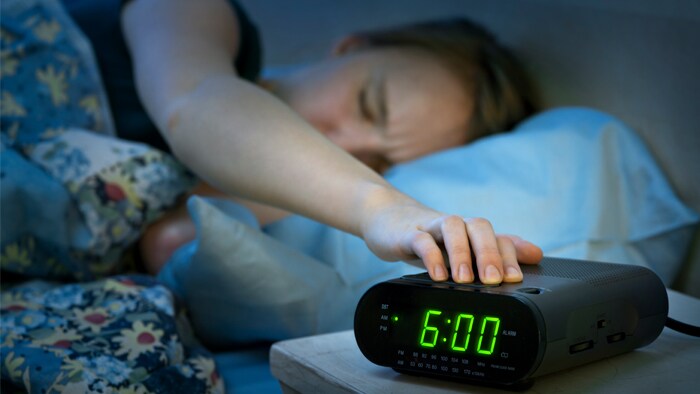Lose the stress, welcome the sandman
A recent study by The Better Sleep Council pegged stress as the main reason why 65 percent of Americans regularly lose sleep. So how stressed are we? According to the study, 32 percent of Americans lose at least one night of sleep a week to stress, while 16 percent experience stress-induced insomnia. And those numbers are rising, climbing several points in the past decade. What’s the link between stress and sleep? It seems chemistry is to blame. Dr. John Salerno, a family physician and founder of The Salerno Center in New York City, said stress produces a chemical reaction that can wreak havoc on a person’s ability to sleep. “Stress affects blood sugar or insulin, adrenal hormones, sleep hormones like melatonin and neurotransmitters in the brain. Those all interfere with our sleep patterns and make it difficult for your brain and body to relax.” And repeated or daily stress can find a person stuck in what Salerno calls a vicious cycle. “You’re stressed out so you can’t sleep. Then because you’re fatigued you’re more stressed and so on,“ he said. "It becomes a vicious cycle called adrenal insufficiency, which further depletes the hormones necessary for sleep.” Your physical reaction to stress also plays a role, he said. Tensed muscles in your jaw, neck and back can lead to aches and pain or stress headaches, which can make it uncomfortable to relax or sleep soundly. Practicing stress-relieving techniques such as 30 minutes of yoga or meditation before going to bed can prevent a stressful or hectic day from keeping you awake and counting sheep, Salerno said. “Daily exercise is one of the best stress relievers.” Removing distractions from your bedroom also can help in achieving a sound night’s sleep. “You shouldn’t keep phones, tablets or even a television in your room,” he said. “Those can all make it difficult to unwind or allow your brain the chance to relax and let go of stress.” Cutting out junk food and refined sugars, which are low in nutritional value and high in calories, also can help alleviate stress, Salerno noted. And a warm bath before bed can do much to clear the mind and ready the body for sleep.


